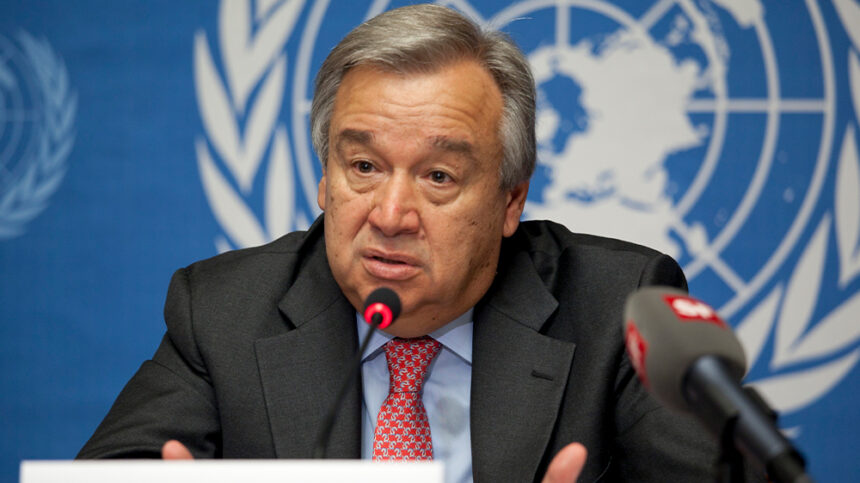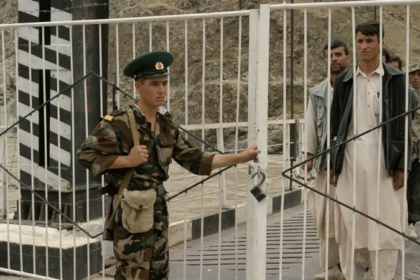RASC News Agency: United Nations Secretary-General Antonio Guterres has revealed a sharp 39.6% increase in security-related incidents in Afghanistan, underscoring the growing instability in the region. In his latest report, Guterres detailed that armed opposition groups have carried out more than 81 attacks against the Taliban in recent months. Despite these strikes, they have not posed a significant challenge to the Taliban’s territorial control. Speaking on Thursday, December 12, Guterres noted that between August 1 and October 31, 2024, Afghanistan recorded 2,510 security incidents. This represents a 39.6% rise compared to the same period in 2023.
The report specified that the National Resistance Front of Afghanistan (NRF), led by Ahmad Massoud, conducted 56 attacks, the Afghanistan Freedom Front carried out 18, the People’s Authority Front executed one, and the Afghanistan Liberation Movement was responsible for another. The perpetrators of five additional attacks remain unidentified. According to the report, the NRF was the most active group opposing the Taliban, carrying out operations across multiple regions. These included 31 attacks in central Afghanistan, with 26 in Kabul, 26 in the west, 19 in the northeast, four in the north, and one in the southeast.
Furthermore, the report shed light on the activities of the Islamic State-Khorasan Province (ISIS-K). Over the past three months, ISIS-K conducted six attacks, an increase from four in the previous quarter.
ISIS-K’s operations during this period included:
An attack on a city minibus in Dasht-e-Barchi, Kabul.
The assassination of the Taliban police commander for Nuristan in Nangarhar.
An assault on the Taliban’s Directorate of Command Orders in Kabul.
Targeted violence against Hazara civilians in Chaghcharan, Ghor.
Strikes against Taliban forces in Kunar and Chaghcharan, Ghor.
This escalation coincides with the killing of the Taliban’s Minister of Refugees in a suicide bombing claimed by ISIS on Wednesday. The rising violence underscores Afghanistan’s precarious security environment, where the Taliban regime faces increasing challenges not only from opposition forces like the NRF and Freedom Front but also from transnational terrorist organizations such as ISIS-K. Despite the Taliban’s efforts to consolidate power, the persistence of these attacks highlights the ongoing fragility and volatility of the situation in the region.






